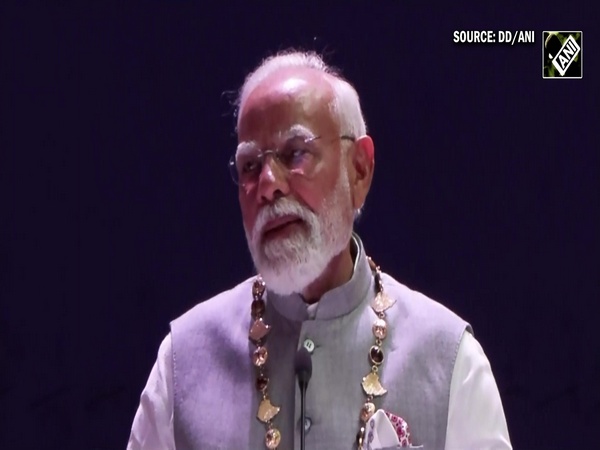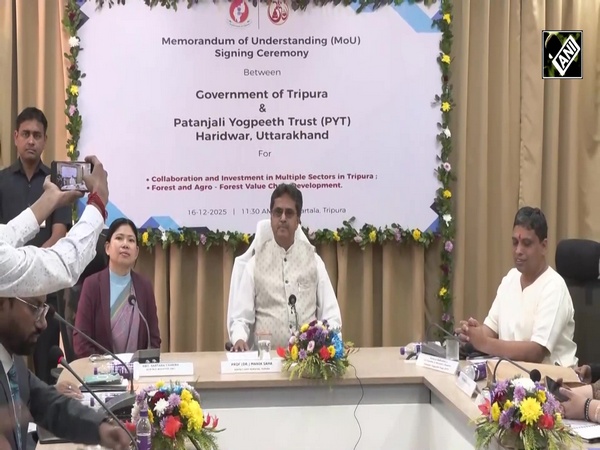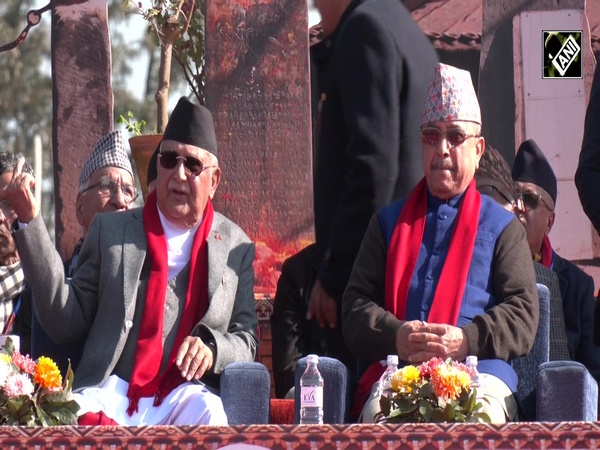Pakistan's aviation body under fire for controversial appointments
Jul 07, 2024

Islamabad [Pakistan], July 8 : In a concerning turn of events, new revelations have surfaced regarding the Civil Aviation Authority (CAA), suggesting a troubling pattern of mismanagement in key appointments, particularly concerning the crucial role of Additional Director Aero Medical. This position holds significant responsibility in assessing the fitness of pilots, a role critical to ensuring aviation safety, Geo News reported.
The alarm was raised amidst ongoing recovery efforts following the 2020 fake licences scandal, a debacle that led to European authorities imposing a ban on Pakistani airlines. This ban, enforced due to concerns over the authenticity of pilot certifications, has had profound implications for the country's aviation sector, impacting operations and reputation alike.
The latest disclosures have come to light as part of an interim report presented by the aviation minister regarding the tragic PIA flight PK-8303 crash in Karachi in May 2020, which claimed the lives of 85 passengers. This incident underscored the critical importance of rigorous oversight and competence within regulatory bodies like the CAA, as reported by Geo News.
According to sources familiar with the matter, concerns have been raised regarding recent appointments to the role of Additional Director Aero Medical. This position requires expertise in evaluating pilots' medical fitness, a responsibility that cannot afford lapses or errors. However, it has been alleged that recent appointments have been marred by favouritism and inadequate qualifications.
The controversy deepened with revelations regarding the predecessor to the current appointee, who reportedly suffered from hearing impairment--a condition that ironically compromised their ability to adequately assess pilots' hearing capabilities. Despite reservations from the Human Resource department, this individual was appointed, raising questions about the integrity of the selection process.
Furthermore, during an audit-related visit by the International Civil Aviation Organisation (ICAO), it was alleged that efforts were made to conceal these irregularities. Sources claim that a physically fit substitute was presented in place of the incumbent, suggesting a deliberate attempt to mislead international regulators.
The recent appointment of Ahreema Badar to the position has also come under scrutiny. Sources indicate that Badar lacks the requisite experience and academic credentials recognized by the Higher Education Commission (HEC) and the ICAO. Her credentials, including a diploma in Aerospace Medicine, were obtained from a university whose program is no longer endorsed by relevant authorities due to insufficient standards.
Badar's resume allegedly fails to meet the mandatory experience requirements outlined by the ICAO for assessing pilots' medical fitness, a critical oversight that raises concerns about her suitability for the role. Sources familiar with Document 8984, which details the qualifications necessary for such appointments, suggest that these criteria have not been adequately met.
In response to queries about these issues, CAA officials have maintained that all appointments are made strictly on merit, following a transparent procedure that emphasizes eligibility, experience, and skills. However, they have offered no substantive response to criticisms regarding Dr. Badar's qualifications or lack thereof in pilot medical assessment.
The implications of these revelations extend beyond internal mismanagement, potentially impacting the credibility of Pakistani pilots' certifications on the international stage. With the European Union Aviation Safety Agency (EASA) extending its ban on Pakistani airlines due to ongoing concerns, there is a heightened risk of further setbacks, including delays in the privatization efforts of PIA.
Pilots within the country's commercial aviation sector have expressed grave concerns over the potential fallout, fearing renewed scrutiny and scepticism regarding the authenticity of their licenses. The failure to address these issues promptly and transparently could exacerbate existing challenges and undermine efforts to restore confidence in Pakistan's aviation regulatory framework, Geo News reported.



















